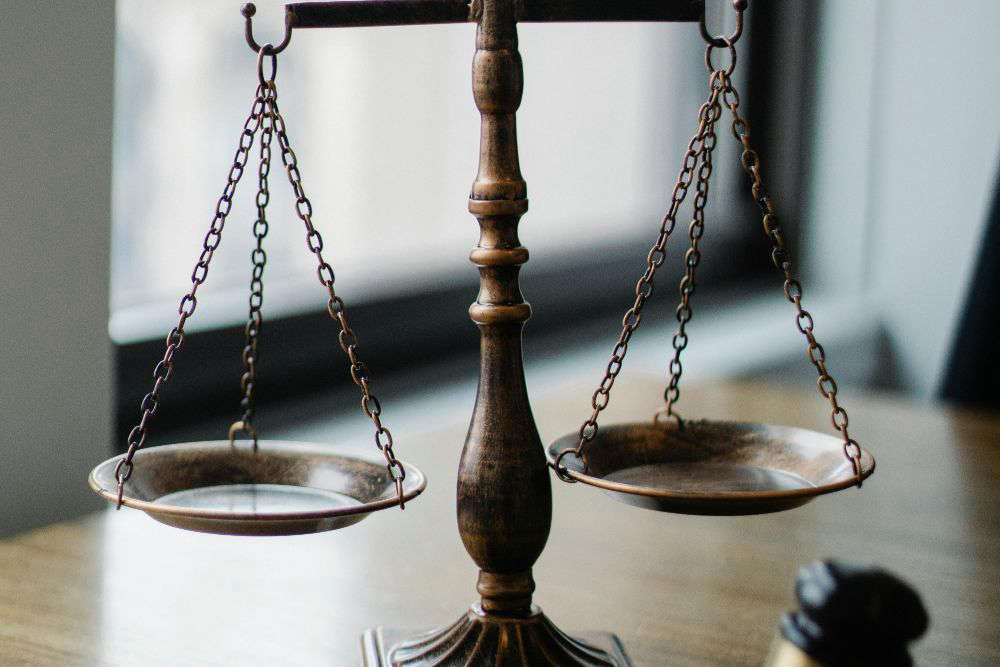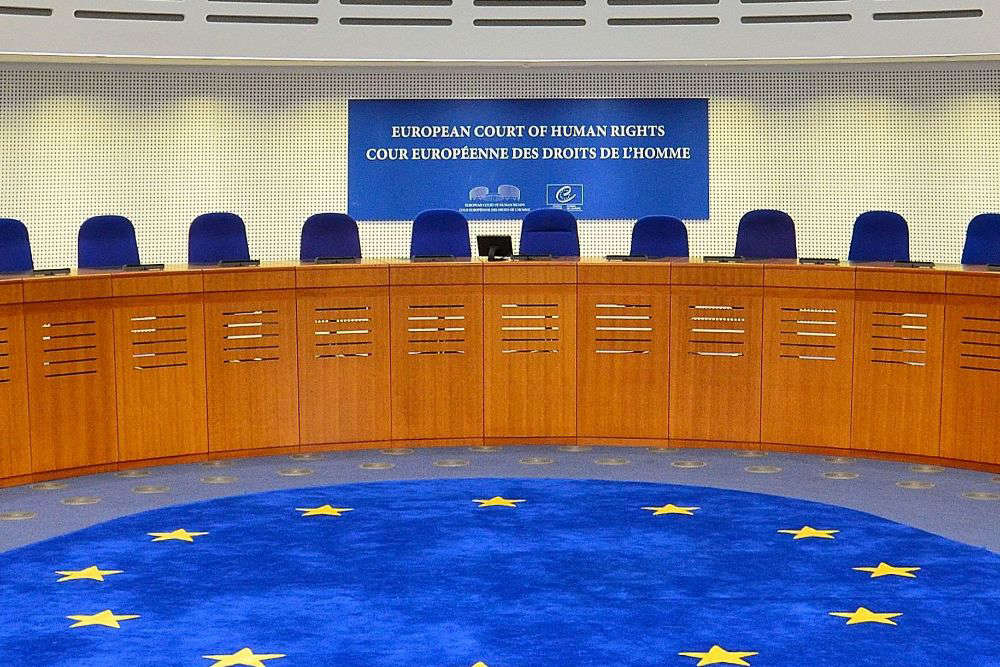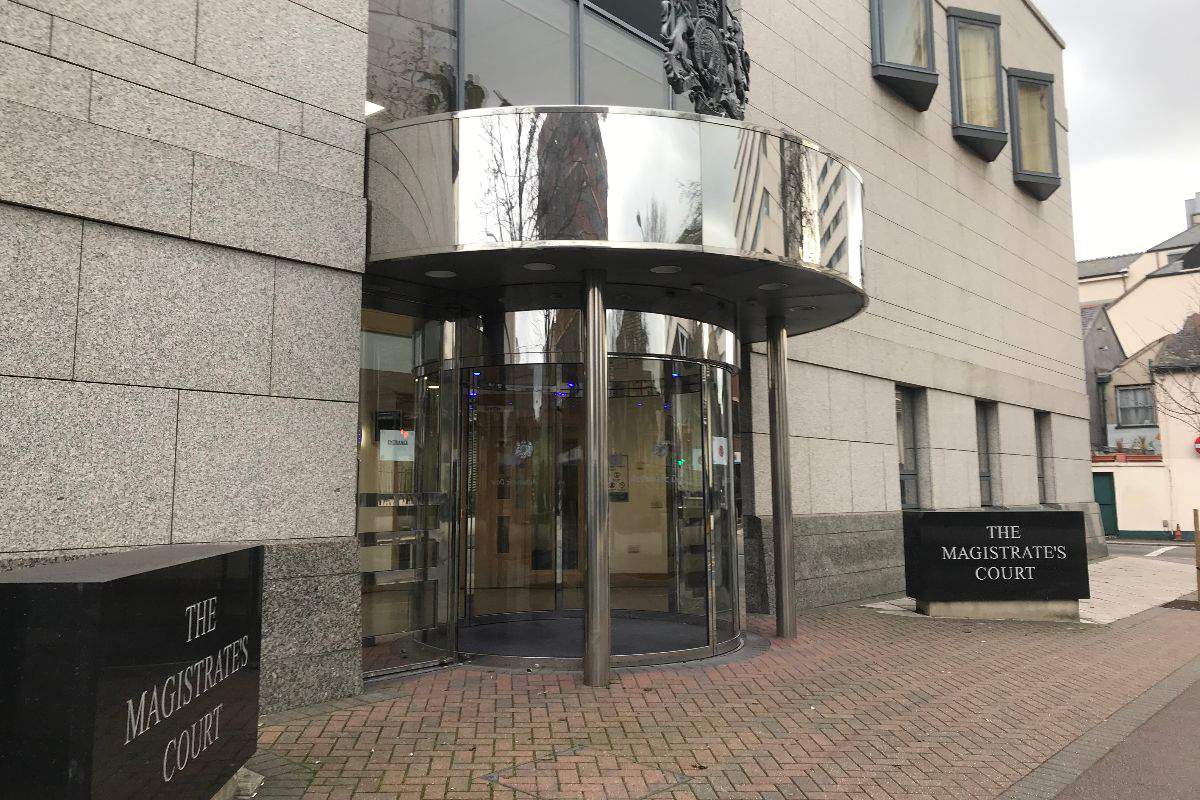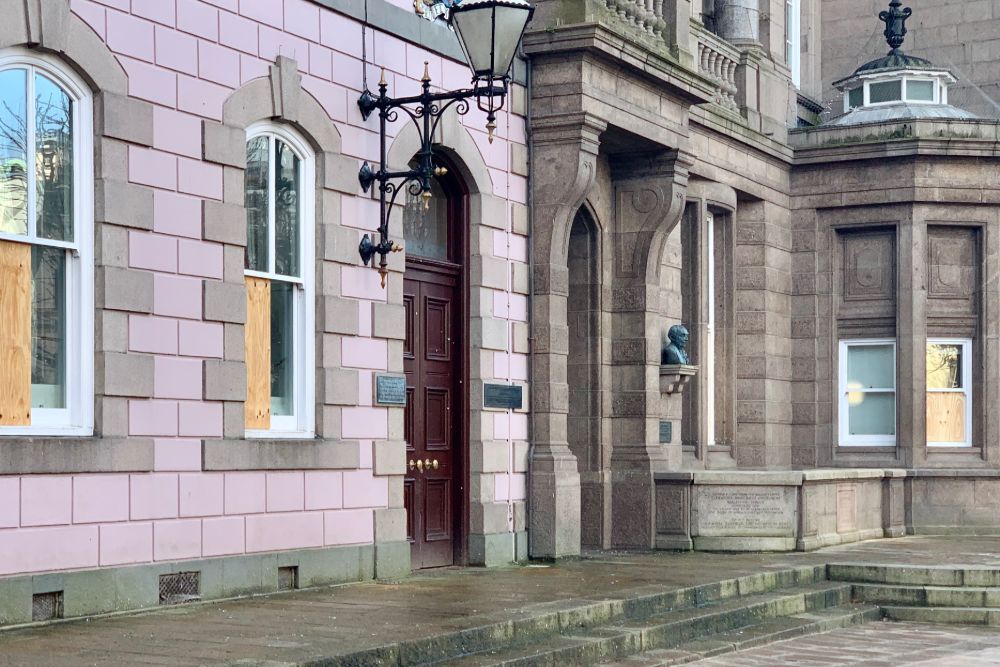
The Jersey Law Commission has been reviewing the island's Human Rights Laws and proposes 11 changes.
States members approved the Human Rights (Jersey) Law almost a quarter of a century ago, with it enforced for 18 of those years.
Commissioners believe now is the right time to look at how the law is working and to see if people have feedback for almost a dozen recommendations for improvement.
Topic Commissioner, Andrew Le Sueur, who works for the Jersey Law Commission and the University of Exeter, says one of the real problems is there is very little information on people's human rights in the island.
"The island's invested a lot of effort in recent years about informing people about children's rights, but when it comes to the European Convention on Human Rights, there seems to us to be quite a big gap there.
"We think there's more likely to be a good human rights culture and people will know about their rights and how to protect them if there was better basic information available."
 European Court of Human Rights
European Court of Human Rights
The suggested amendments include allowing the States Assembly to quickly update Jersey laws deemed incompatible with human rights and giving people compensation if a law is passed by politicians breaching the same rights.
Commissioners would also like to see court rules simplified, making them easier to understand, and updating terms used in the law, such as 'projet de loi' to 'draft law'.
Jersey has been protected by the European Convention on Human Rights since 1953.
It guarantees basic rights including fair trials, privacy and respect for family life, and property protection.
However, these rights could not be directly enforced in Jersey's courts, with islanders needing to travel to the European Court of Human Rights in Strasbourg.
 Jersey Magistrates Court
Jersey Magistrates Court
A list of the full recommendations:
- Faster correction of laws - Allow ministers and the States Assembly to quickly update Jersey laws ruled incompatible with human rights by the courts.
- New remedy - Let Jersey courts issue a new kind of “quashing order” when they rule that Regulations or Orders made by ministers breach human rights.
- Damages for unfair trials - Allow courts to award damages if someone is imprisoned after an unfair trial.
- Compensation for incompatible Laws - Let Jersey courts award damages if a Law passed by the States Assembly causes harm because it breaches human rights.
- Ministerial accountability - Require ministers to explain how all proposed laws, not just principal Laws, affect human rights.
- Use clear language - Update the Human Rights Jersey Law (HRJL), using the term “draft Law” rather than “projet de loi”.
- Resolve disputes without going to court - Improve access to free and affordable mediation and other ways of resolving human rights grievances.
- Clarify what kind of human rights cases are covered by Legal Aid - Redraft the guidelines to clarify eligibility for legal aid in human rights cases.
- Simplify court rules - Make the rules about deadlines for starting human rights challenges against public authorities easier to understand.
- Promote public awareness of human rights - Provide better resources and information to help everybody in Jersey know their rights and how to protect them.
- Coordinated approach with children’s rights - Ensuring a coordinated approach to assessing the impact of new laws on ECHR rights and children’s rights.
 Jersey's States building and Royal Court
Jersey's States building and Royal Court
Islanders and experts are being asked for feedback on the recommendations.
Andrew Le Sueur says individual experiences can often shed light on whether a law is working well or not.
"We want to hear from legal practitioners in Jersey, human rights experts in and off the island.
"We want to hear from States Members, but we're really keen to hear from islanders who've used the Human Rights (Jersey) Law, or thought about using it, but didn't in the end."
People can get involved by emailing commissioners@jerseylawcommission.org.je by Monday 10 March 2025.
The final report and recommendations will be published in February 2026.




 St Saviour to remove glass bins at Grainville
St Saviour to remove glass bins at Grainville
 1210 got Jersey government help to buy an electric car
1210 got Jersey government help to buy an electric car
 Christmas travel advice for 22,000 airport passengers
Christmas travel advice for 22,000 airport passengers





